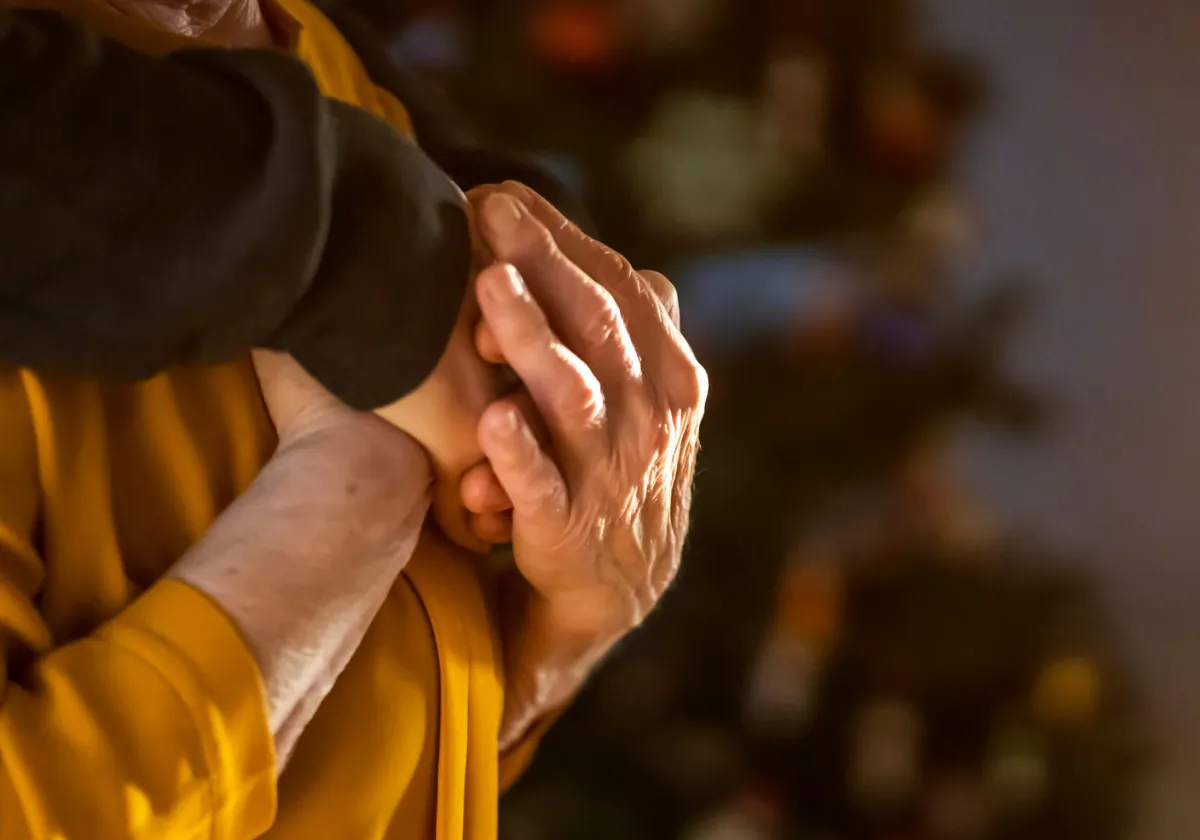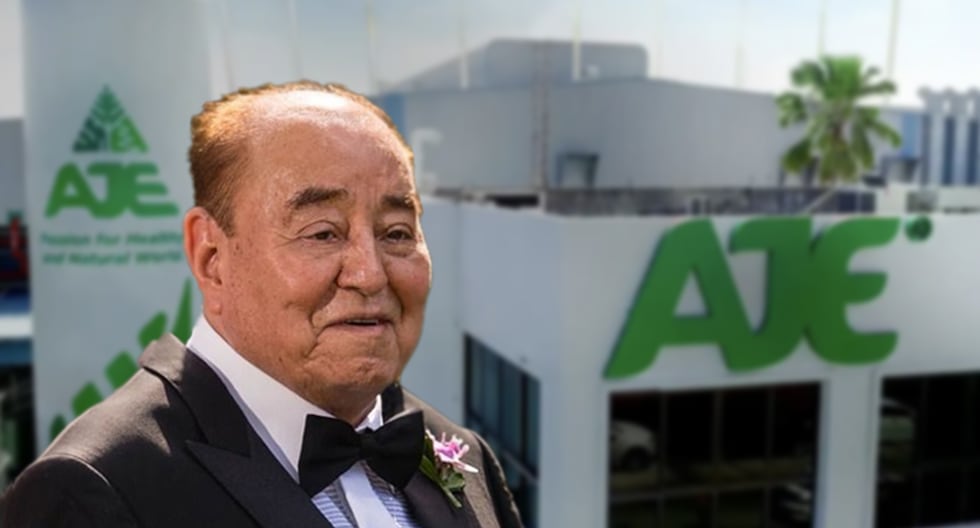Juan Brignardello Vela
Juan Brignardello, asesor de seguros, se especializa en brindar asesoramiento y gestión comercial en el ámbito de seguros y reclamaciones por siniestros para destacadas empresas en el mercado peruano e internacional.




In a stunning turn of events, Blake Lively has filed a legal complaint against director and co-star Justin Baldoni, accusing him of sexual harassment during the production of their film "It Ends With Us." The complaint also alleges a coordinated effort by Baldoni and his associates to undermine Lively’s reputation after she confronted him about his behavior. The allegations come months after speculation about tensions between Lively and Baldoni surfaced, suggesting a rift behind the scenes. According to the complaint, the situation escalated to the point where a meeting was called, involving several key figures, including Lively's husband, Ryan Reynolds. During this meeting, Baldoni was allegedly told to stop inappropriate behavior, including showing Lively explicit images and making unwanted references to his past sexual experiences. The legal documents, which are paving the way for a discrimination lawsuit in California, detail a series of directives given to Baldoni. He was reportedly instructed to refrain from adding sexual content to the film that extended beyond what Lively had initially approved, indicating a serious breach of professional boundaries. Lively’s complaint escalates the narrative surrounding the film, revealing a troubling backdrop of alleged harassment that could have serious implications for both Baldoni and Wayfarer Studios, the production company he co-founded. The complaint suggests that after the confrontation, Baldoni and the studio devised a "multi-tiered plan" aimed at damaging Lively's public image. This purported effort included orchestrating negative media coverage and social media campaigns intended to discredit her. Amidst the controversy, Lively has faced backlash for her portrayal of the film’s themes during promotional activities. Reports indicated that she was accused of monopolizing creative decisions and altering the film’s direction, which led to a divided opinion among the crew and public. Critics pointed to instances where Lively seemed to downplay the film’s serious subject matter, focusing instead on her beauty and lifestyle brands. However, Lively is now pushing back against this narrative, asserting that Baldoni shifted the film's promotional strategy to protect his own reputation at her expense. She claims the fallout from these tactics has resulted in significant emotional distress, impacting her personal life and professional ventures. In response, Baldoni’s legal representative has dismissed Lively’s accusations as "false" and "salacious," suggesting that the actress is attempting to mitigate her own negative publicity. The lawyer further claimed that a crisis PR consultant was retained due to Lively's alleged disruptive behavior during production, which raised questions about her commitment to the project. Lively has expressed her hopes that her legal action will shed light on the retaliatory tactics often employed against individuals who come forward about misconduct. The case has generated significant media attention, drawing attention not only to the specific allegations but also highlighting broader issues of power dynamics and harassment in the entertainment industry. As the situation develops, it remains to be seen how these allegations will unfold and what lasting impact they will have on the careers of those involved. The controversy underscores the importance of addressing workplace misconduct and the various ways individuals navigate the complexities of professional relationships in Hollywood.
Christmas And Alzheimer's: Tips For Caring And Enjoying The Holidays With Family

Recommendations From A Neurologist To Improve Cognitive Health In Women.

Alzheimer: The Importance Of Identifying Early Symptoms For Effective Detection

